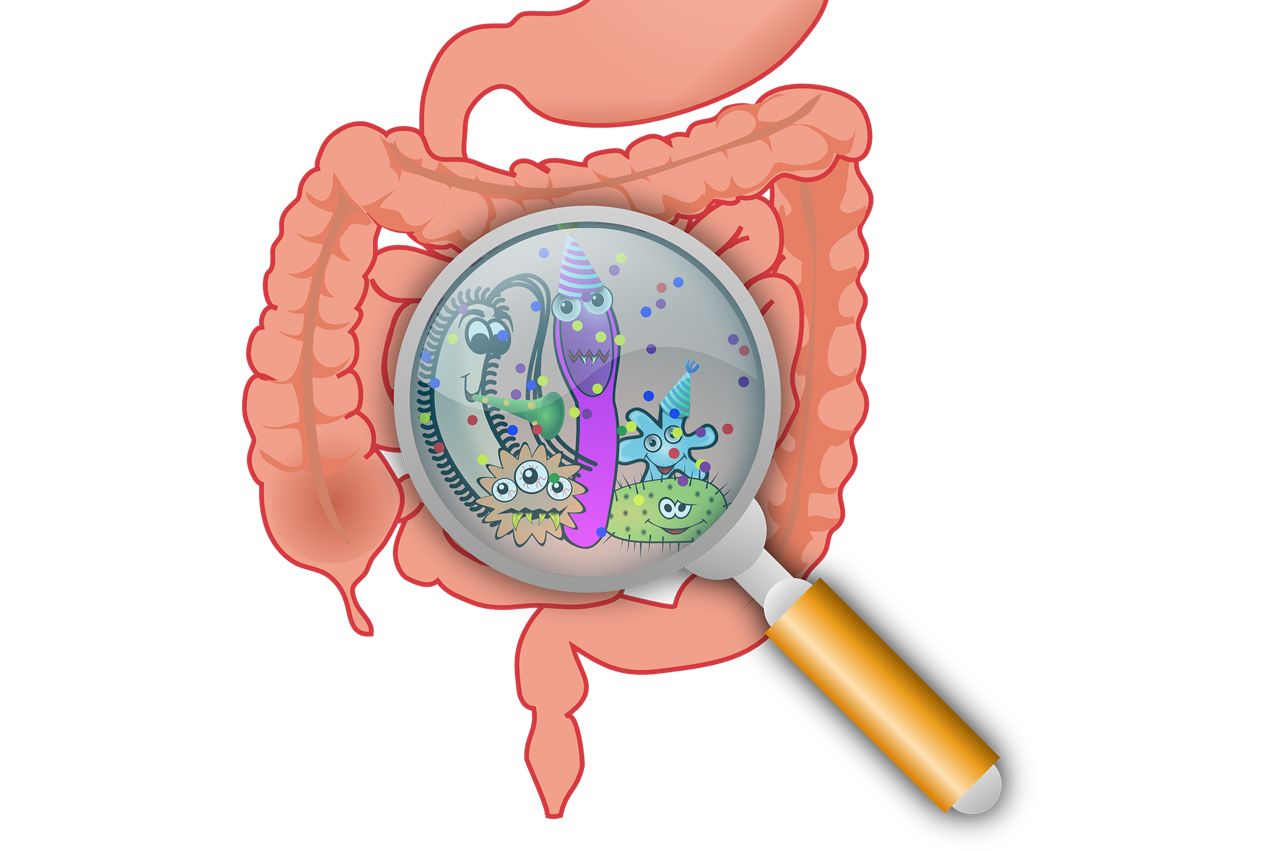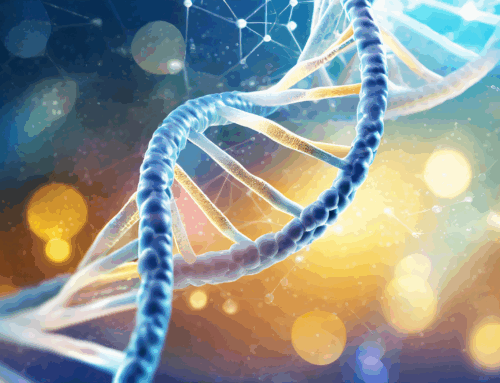The gut microbiome plays a crucial role in overall health, affecting everything from digestion and immunity to mental well-being.
When the microbiome is imbalanced—due to poor diet, stress, antibiotics, or other factors—various health issues can arise, including digestive disorders, autoimmune conditions, and chronic inflammation.
Naturopathic doctors, holistic practitioners, and functional medicine specialists offer integrative approaches to restoring and maintaining a healthy microbiome, helping to correct imbalances and promote overall wellness.
Naturopathic doctors, holistic practitioners, and functional medicine specialists are similar in their restorative approach of the microbiome.
Naturopathic Doctors and the Microbiome
Naturopathic doctors (NDs) take a whole-body approach to health, focusing on the root causes of illness rather than just treating symptoms.
When it comes to the gut microbiome, NDs use a variety of natural therapies to restore balance and support gut health.
- Dietary Guidance: Naturopathic doctors often start by assessing a patient’s diet, as nutrition plays a key role in the health of the microbiome. They may recommend a diet rich in prebiotic and probiotic foods—such as fiber-rich vegetables, fermented foods like sauerkraut —to feed beneficial gut bacteria. NDs may also suggest eliminating processed foods, dairy, gluten, nightshades, refined sugars, and potential allergens that can disrupt the microbiome.
- Herbal and Nutritional Supplements: NDs frequently use herbal remedies and nutritional supplements to support gut health. For example, they might recommend supplements like probiotics, which introduce beneficial bacteria to the gut, or digestive enzymes to improve nutrient absorption. Herbal antimicrobials such as oregano oil or berberine may be used to address bacterial overgrowth or infections like SIBO (small intestinal bacterial overgrowth).
- Detoxification and Lifestyle Changes: Naturopathic doctors may also focus on detoxification protocols to help remove toxins that can disrupt the microbiome. They might incorporate stress management techniques, encourage regular exercise, and promote adequate sleep, all of which are vital for maintaining a healthy gut.
Holistic Practitioners and Gut Health
Holistic practitioners view health as an interconnected system, where the mind, body, and spirit all play essential roles.
When addressing gut health, holistic practitioners focus on the broader context of the individual’s lifestyle and emotional well-being, alongside physical health.
- Mind-Body Connection: Holistic practitioners often explore the impact of stress and emotions on gut health. Chronic stress can negatively affect the gut, leading to issues like IBS (irritable bowel syndrome) or leaky gut syndrome. Practices such as mindfulness, meditation, and yoga are recommended to reduce stress and promote relaxation, which in turn supports a healthy gut environment. Bach flower remedies are also used to adjust imbalanced emotions contributing to gut issues.
- Energy Healing and Traditional Therapies: Some holistic practitioners may incorporate energy healing modalities like Reiki, reflexology, or cupping to balance the body’s energy and support gut health. These therapies aim to harmonize the body’s internal systems, including the digestive system, to promote overall health and well-being.
- Nutritional Supplements: Holistic practitioners look for a root cause of an imbalanced microbiome, either through microbiome testing or muscle testing. The microbiome can imbalanced for a variety of reasons, like parasites, protozoa, or antibiotic use. Holistic practitioners can utilize nutritional supplements that support the digestive process and intestinal lining health to allow a restoration of microbiome balance.
- Personalized Healing Plans: Holistic practitioners often create individualized healing plans that address diet, lifestyle, emotional health, and spiritual well-being. These plans may include dietary recommendations, herbal supplements, and stress-relief practices tailored to the specific needs of the individual, ensuring a comprehensive approach to gut health.
Functional Medicine and the Microbiome
Functional medicine is a science-based, patient-centered approach that seeks to identify and address the underlying causes of disease. Practitioners of functional medicine are particularly focused on the gut microbiome, recognizing its critical role in overall health.
- Comprehensive Testing: Functional medicine practitioners often use advanced diagnostic testing to assess the health of the gut microbiome. This might include stool tests to analyze the balance of gut bacteria, identify pathogens, and measure markers of inflammation or digestive function. These tests provide detailed insights that guide personalized treatment plans.
- Root Cause Analysis: Functional medicine practitioners aim to identify the root causes of microbiome imbalances. This might involve exploring factors such as diet, medication use (especially antibiotics), environmental toxins, and chronic stress. By addressing these underlying issues, functional medicine helps to restore a balanced and diverse microbiome.
- Targeted Interventions: Based on test results and a thorough health history, functional medicine practitioners develop targeted interventions to correct the microbiome. These might include personalized dietary plans, probiotic and prebiotic supplements, and specific herbal or pharmaceutical treatments to eradicate harmful bacteria or yeast overgrowth. Functional medicine also emphasizes the importance of healing the gut lining, often recommending nutrient support.

Collaborative Care for Optimal Gut Health
Naturopathic doctors, holistic practitioners, and functional medicine specialists each bring unique strengths to supporting gut health.
Together, they offer a comprehensive, integrative approach that addresses the microbiome from multiple angles:
- Preventive Care: These practitioners emphasize prevention through diet, lifestyle, and natural therapies, helping to maintain a healthy microbiome before problems arise
- Holistic Healing: By addressing the physical, emotional, and spiritual aspects of health, they create a balanced environment that supports gut health and overall well-being
- Personalized Treatment: Through individualized care plans, they ensure that each person’s unique needs are met, leading to more effective and sustainable results
Positive Results for Patients
Patients who work with naturopathic doctors, holistic practitioners, and functional medicine specialists to correct their microbiome often experience significant improvements in their health. Common benefits include:
- Improved Digestion: Better gut health leads to improved digestion, reduced bloating, and relief from symptoms of IBS or other digestive disorders
- Enhanced Immunity: A balanced microbiome supports a stronger immune system, helping the body to fight off infections and reduce inflammation
- Better Mental Health: The gut-brain connection means that a healthier microbiome can lead to improved mood, reduced anxiety, and better stress management
- Increased Energy and Vitality: When the gut is functioning optimally, the body can absorb nutrients more effectively, leading to increased energy levels and overall vitality
By focusing on the microbiome, these practitioners help patients achieve not just better gut health, but a profound sense of overall well-being.




